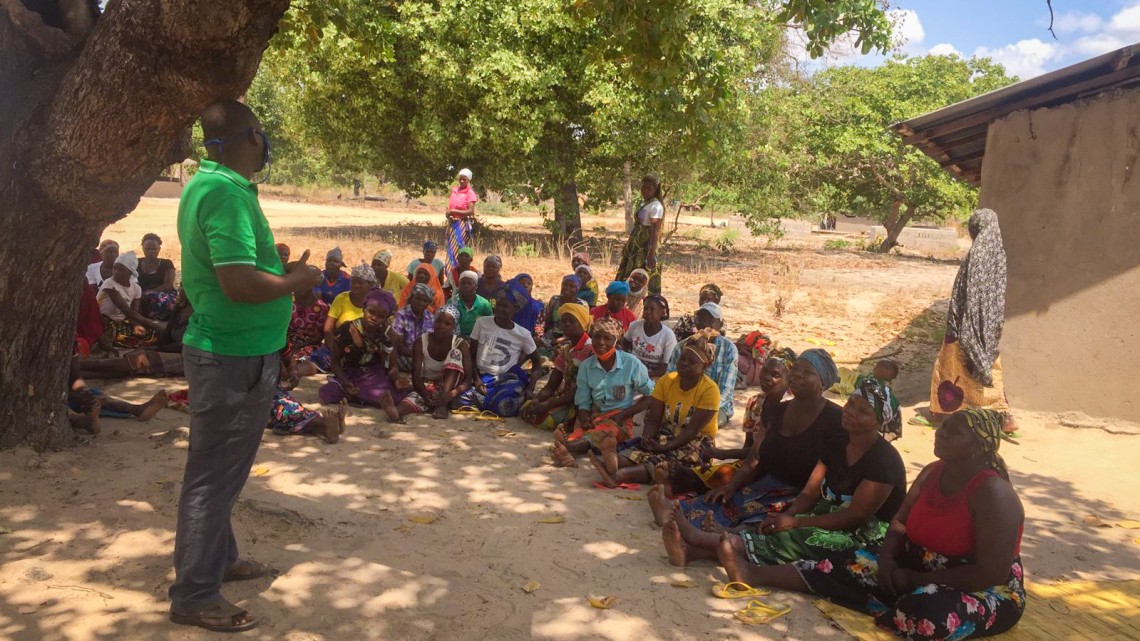
News directly from Cornell's colleges and centers
Capitalizing on time in race to breed inclusive, resilient crops
As plant breeders around the world mobilize to breed staple crops adapted to rapidly changing environments, there is one critical element out of their control – time. How can breeding programs harness resources to make the most of limited planting seasons? Innovations by a team of cowpea breeders across Malawi, Mozambique and Tanzania are making it possible to expand breeding operations in less time by making more efficient use of water.
A newly installed water pump in Malawi and irrigation system in Mozambique are allowing breeders to double down on efficiency by shifting from one crop cycle per year to two.
The effort, led by the Center of Innovation for Crop Improvement for East and Southern Africa (CICI-ESA), seeks to enhance food and nutrition security, climate change adaptation and environmental sustainability in the arid regions of East Africa. CICI-ESA, which launched in 2021 is part of the Feed the Future Innovation Lab for Crop Improvement, a project in the Department of Global Development in the College of Agriculture and Life Sciences.
Cowpea is especially important to food security in the region. As CICI-ESA develops cowpea varieties that stand up to drought, heat, low soil fertility and pests, the new water and irrigation resources have helped to screen cowpea germplasm for resilient traits, particularly drought tolerance.
Media Contact
Get Cornell news delivered right to your inbox.
Subscribe
